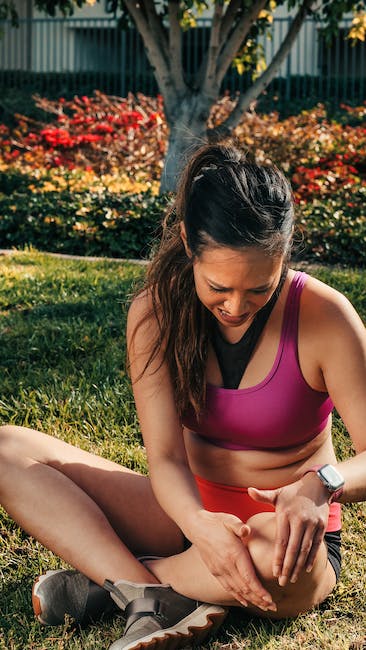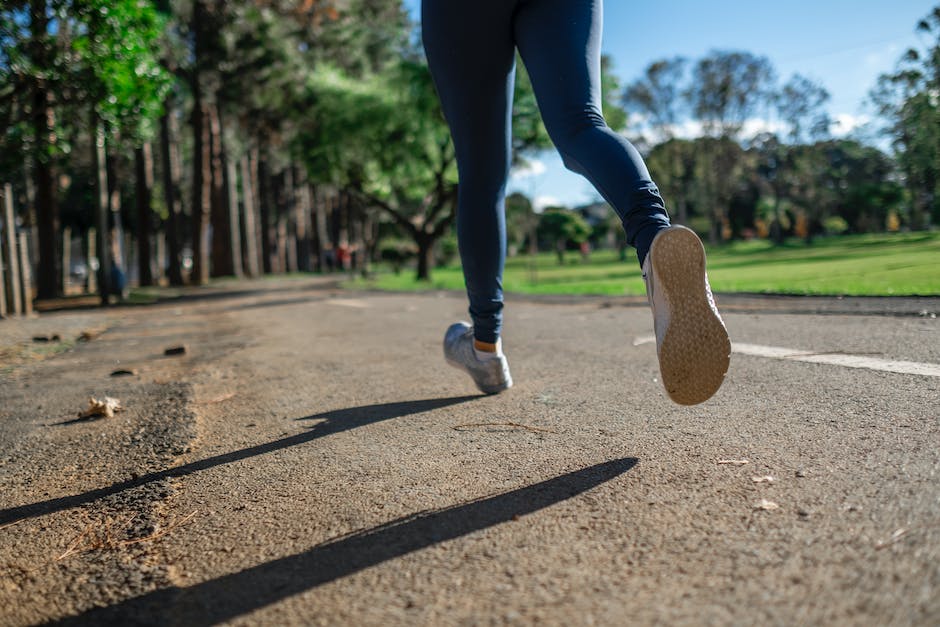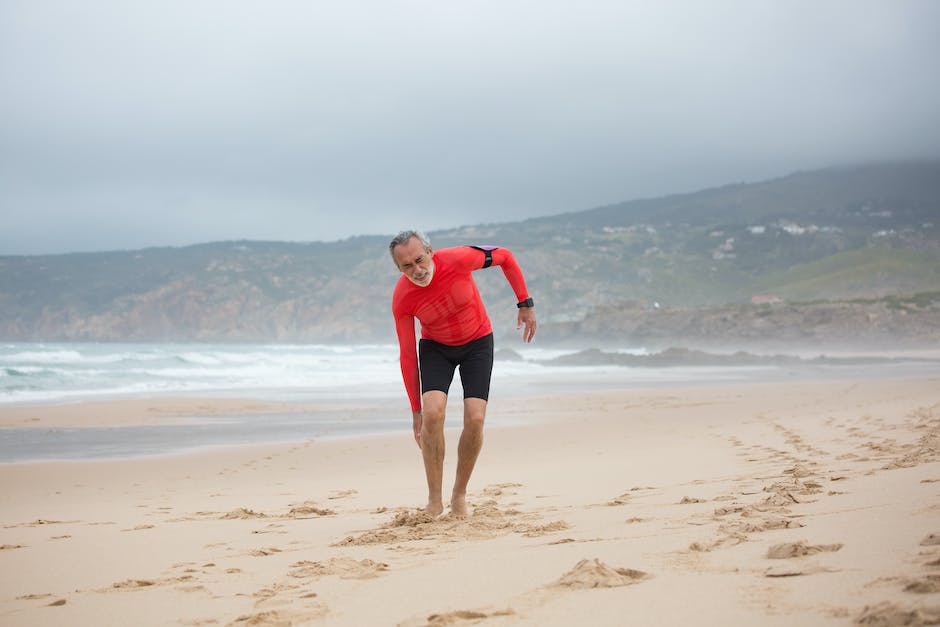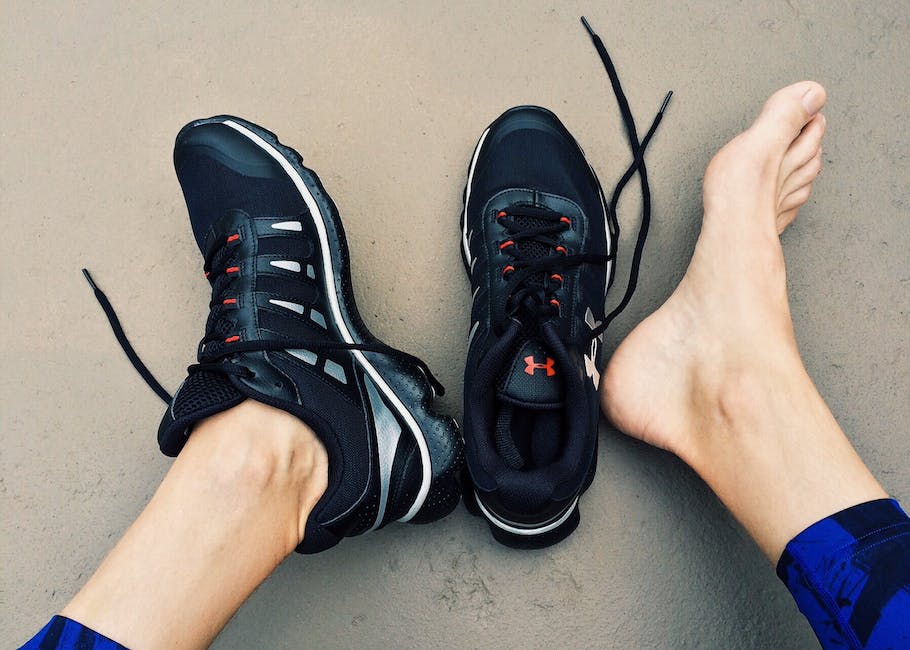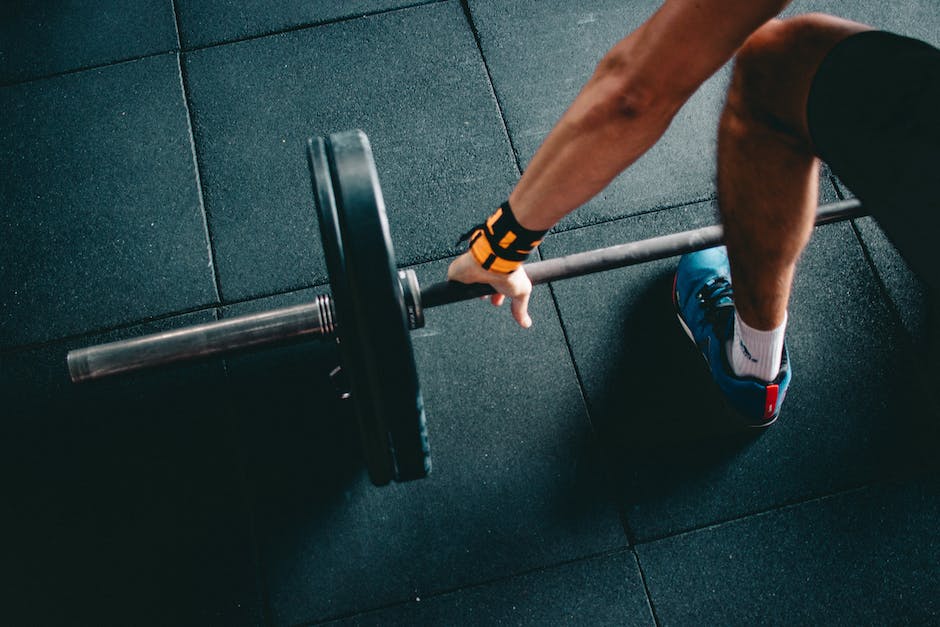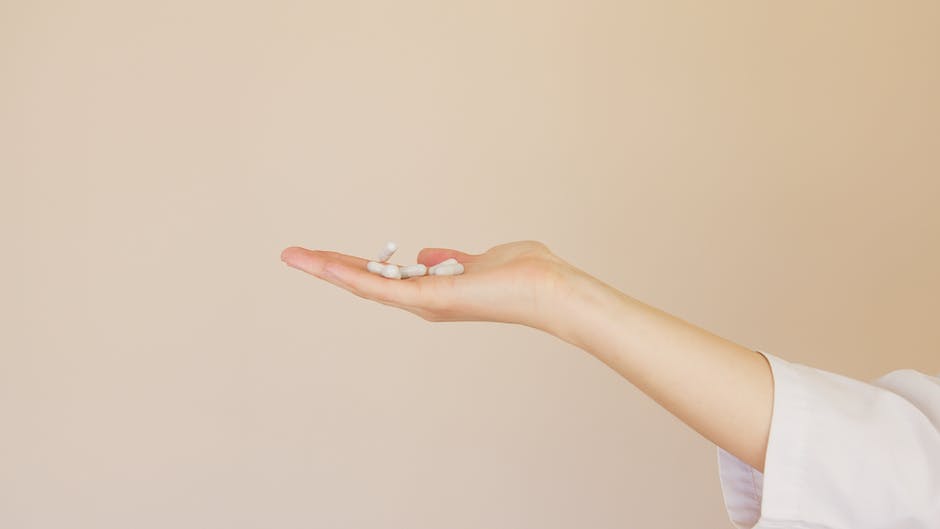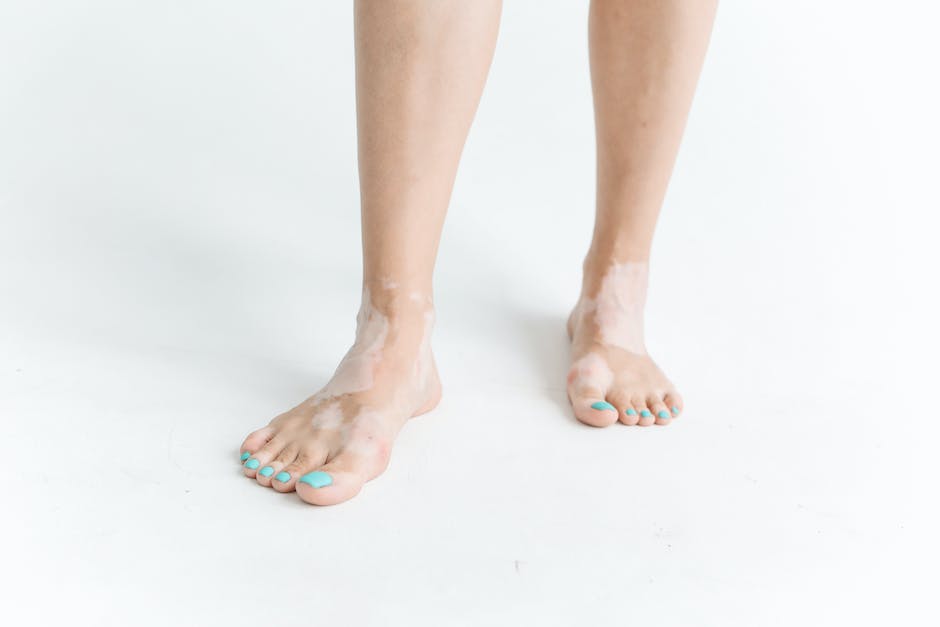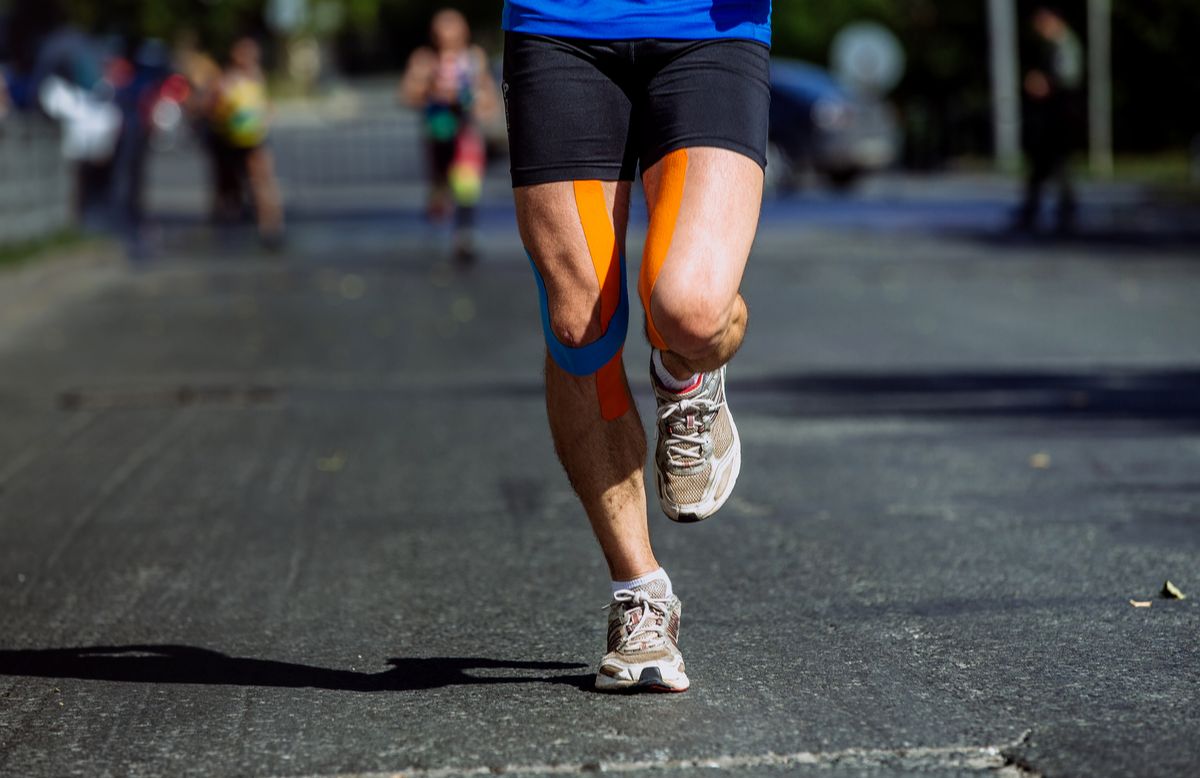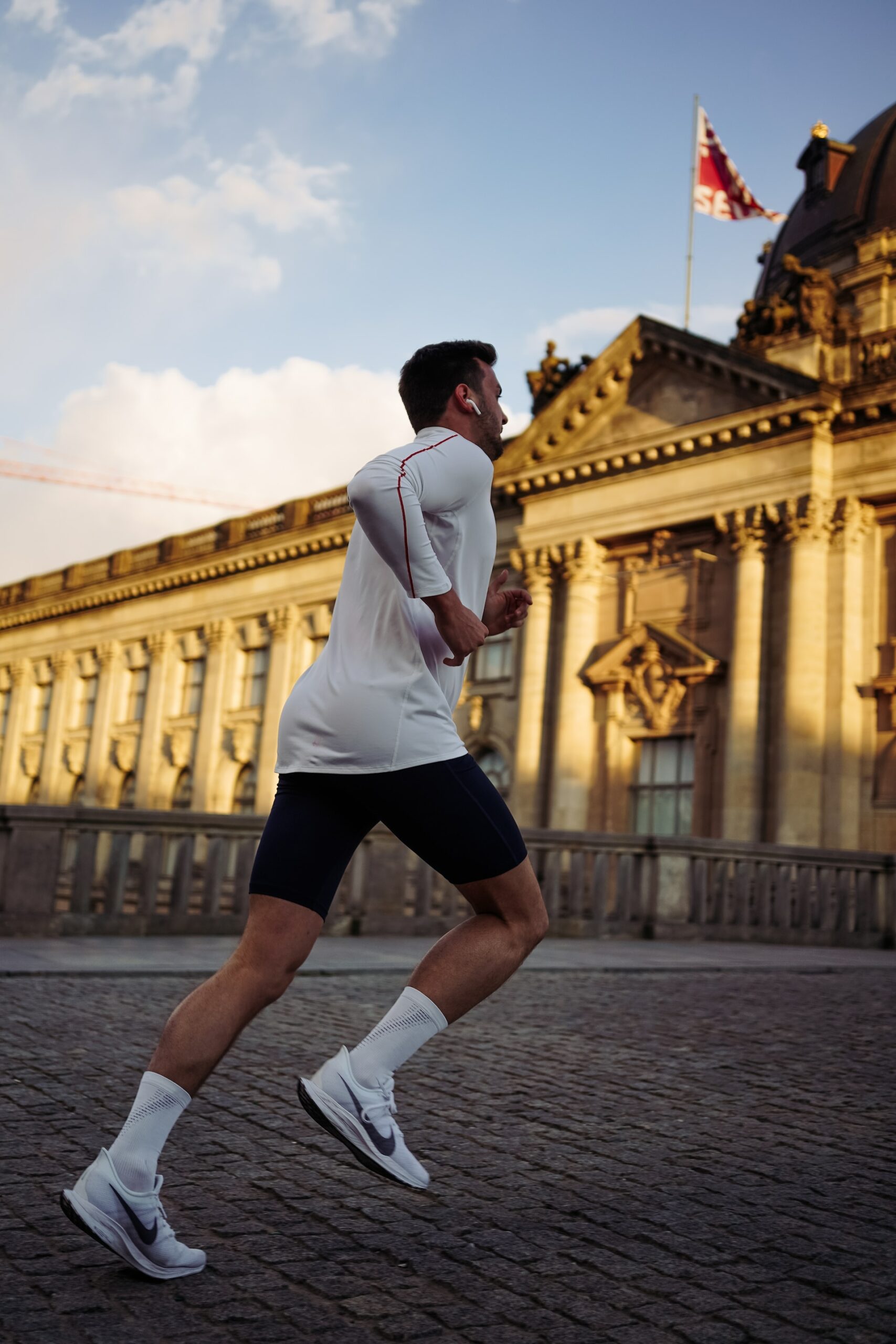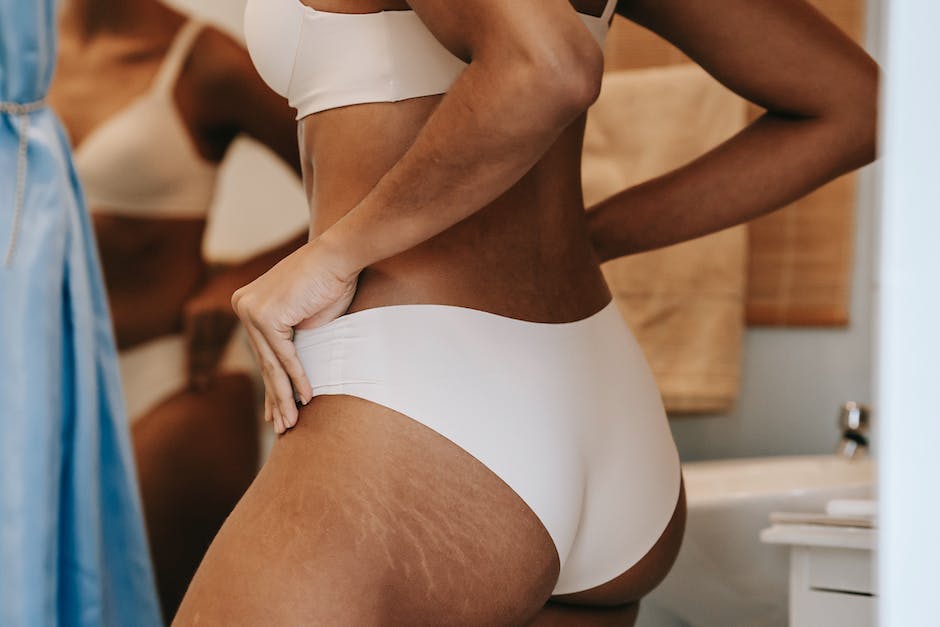
Racing to the Bathroom: Is Running Bad for Hemorrhoids?
More than half of the population will suffer from hemorrhoids at some point in their lives. Hemorrhoids, also known as piles, are swollen veins in the lower rectum and anus that cause discomfort and pain. Hemorrhoids are caused by several factors, including constipation, pregnancy, obesity, and sitting for prolonged periods. Running is another factor that is often linked to hemorrhoids. But is running bad for hemorrhoids? In this article, we will explore the relationship between running and hemorrhoids.
What are Hemorrhoids?
Hemorrhoids are swollen veins in the lower rectum and anus. They can be internal, meaning inside the rectum, or external, meaning outside the anus. Hemorrhoids can cause pain, itching, and discomfort. They can also cause bleeding during bowel movements. Hemorrhoids are caused by several factors, including straining during bowel movements, sitting for prolonged periods, constipation, pregnancy, and obesity. Hemorrhoids can be treated with over-the-counter remedies, such as creams, ointments, and suppositories. In severe cases, surgery may be required.
Hemorrhoids Symptoms
The symptoms of hemorrhoids depend on the type of hemorrhoid. Internal hemorrhoids are usually painless but may cause bleeding during bowel movements. External hemorrhoids can be painful and may cause itching and discomfort. In some cases, external hemorrhoids may also cause bleeding.
Causes of Hemorrhoids
Hemorrhoids are caused by several factors, including:
- Straining during bowel movements
- Sitting for prolonged periods
- Obesity
- Pregnancy
- Constipation
- Low fiber diet

Is Running Bad for Hemorrhoids?
The relationship between running and hemorrhoids is often debated. Some people believe that running can worsen hemorrhoids, while others believe that running can help alleviate hemorrhoids symptoms. So, is running bad for hemorrhoids?
Running and Hemorrhoids: The Debate
Running is a high-impact exercise that can put pressure on the lower rectum and anus. This pressure can cause the veins in the lower rectum and anus to swell, leading to hemorrhoids. However, there are also studies that suggest that running can help alleviate hemorrhoids symptoms by improving bowel movements and reducing constipation. There is no definitive answer to whether running is bad for hemorrhoids, as it depends on several factors, including the severity of hemorrhoids and the individual’s overall health.
Running Tips for People with Hemorrhoids
If you have hemorrhoids and want to continue running, there are several tips you can follow:
- Stay hydrated to prevent constipation
- Wear loose and comfortable clothing
- Use a lubricant to reduce friction
- Take breaks and walk when necessary
- Choose low-impact exercises, such as swimming or cycling, if running is too painful
Preventing Hemorrhoids
Preventing hemorrhoids is essential to avoid discomfort and pain. There are several ways to prevent hemorrhoids, including:
Dietary Changes
A high-fiber diet can help prevent constipation, which is a major contributor to hemorrhoids. Adding fruits, vegetables, and whole grains to your diet can help increase fiber intake and promote regular bowel movements.
Exercise
Regular exercise can help improve bowel movements and reduce constipation. Low-impact exercises, such as swimming or cycling, can be beneficial for people with hemorrhoids.
Good Toilet Habits
Avoiding straining during bowel movements and taking breaks during prolonged sitting can help prevent hemorrhoids. Using a squatting position during bowel movements can also help reduce strain on the rectum and anus.
Conclusion
While running may worsen hemorrhoids symptoms, there is no definitive answer to whether running is bad for hemorrhoids. It depends on several factors, including the severity of hemorrhoids and the individual’s overall health. If you have hemorrhoids and want to continue running, follow the tips we have provided and listen to your body. If running is too painful, consider low-impact exercises, such as swimming or cycling. Remember to prevent hemorrhoids by following a high-fiber diet, exercising regularly, and practicing good toilet habits.
Novel Suggestions
Here are some novel suggestions that can help alleviate hemorrhoids symptoms:
- Try sitz baths: Soaking in warm water for 15-20 minutes can help reduce hemorrhoids symptoms.
- Use ice packs: Applying ice packs to the affected area can help reduce swelling and pain.
- Consider surgery: In severe cases, surgery may be required to remove hemorrhoids.

Frequently asked questions
What are hemorrhoids?
Hemorrhoids are swollen veins in the lower rectum and anus that cause discomfort and pain. They can be internal, meaning inside the rectum, or external, meaning outside the anus. Hemorrhoids can cause bleeding during bowel movements.
What are the causes of hemorrhoids?
Hemorrhoids are caused by several factors, including straining during bowel movements, sitting for prolonged periods, obesity, pregnancy, constipation, and a low fiber diet.
Is running bad for hemorrhoids?
The relationship between running and hemorrhoids is often debated. Some believe that running can worsen hemorrhoids, while others believe that running can help alleviate hemorrhoids symptoms. There is no definitive answer, as it depends on several factors, including the severity of hemorrhoids and the individual’s overall health.
What are some running tips for people with hemorrhoids?
If you have hemorrhoids and want to continue running, you should stay hydrated to prevent constipation, wear loose and comfortable clothing, use a lubricant to reduce friction, take breaks and walk when necessary, and choose low-impact exercises, such as swimming or cycling, if running is too painful.
What are some ways to prevent hemorrhoids?
Preventing hemorrhoids is essential to avoid discomfort and pain. You can prevent hemorrhoids by making dietary changes, such as adding fruits, vegetables, and whole grains to your diet to increase fiber intake and promote regular bowel movements; exercising regularly to improve bowel movements and reduce constipation, and practicing good toilet habits, such as avoiding straining during bowel movements and taking breaks during prolonged sitting.

